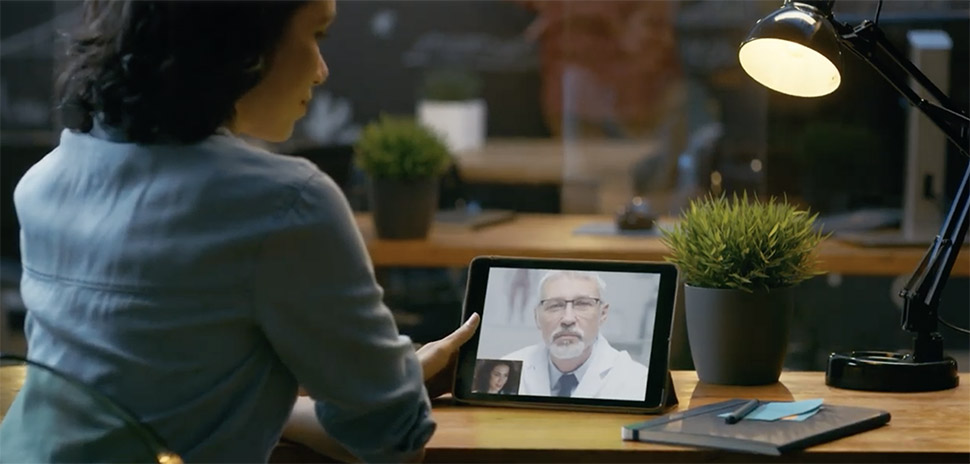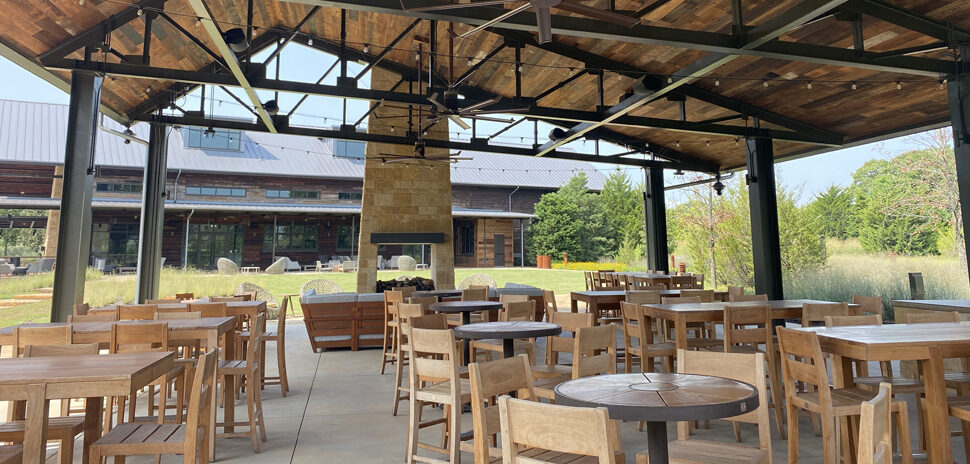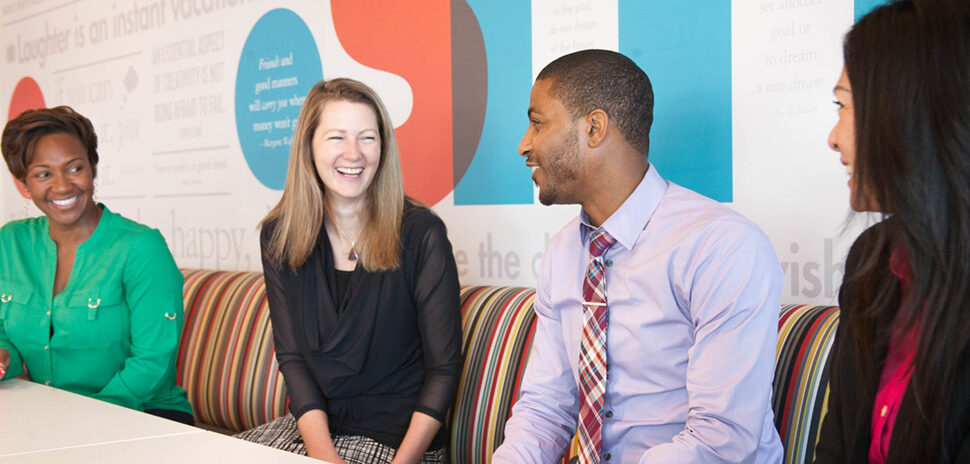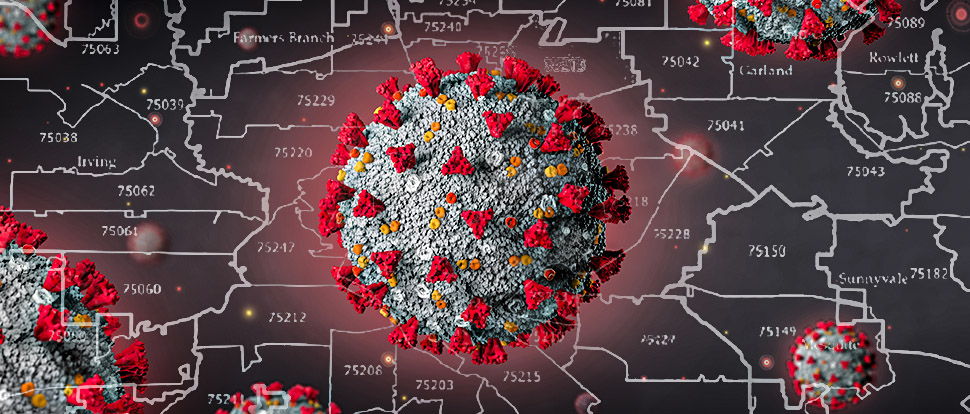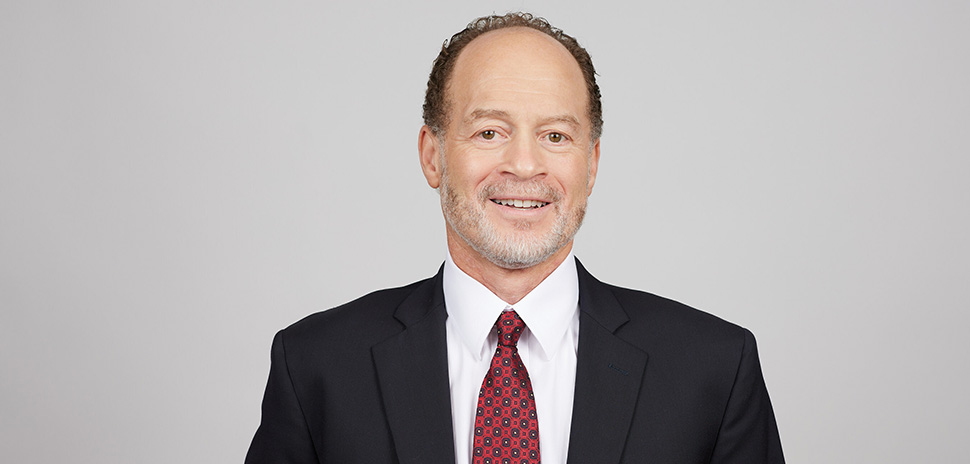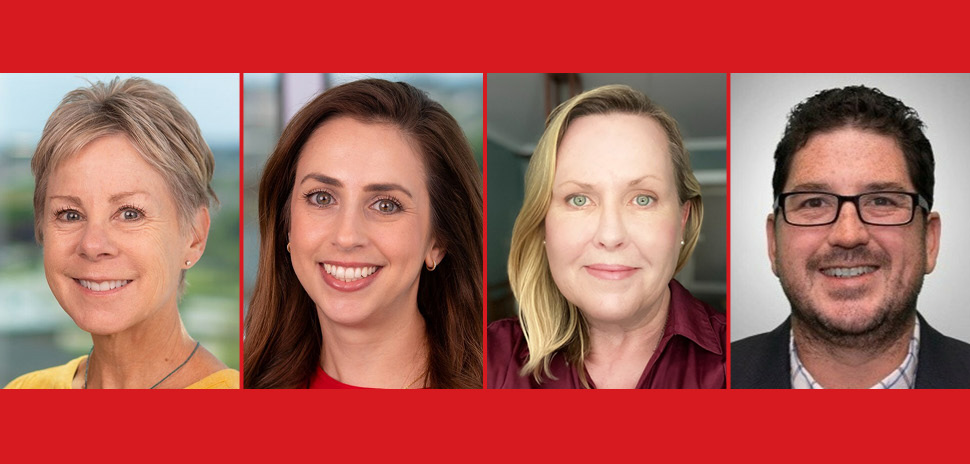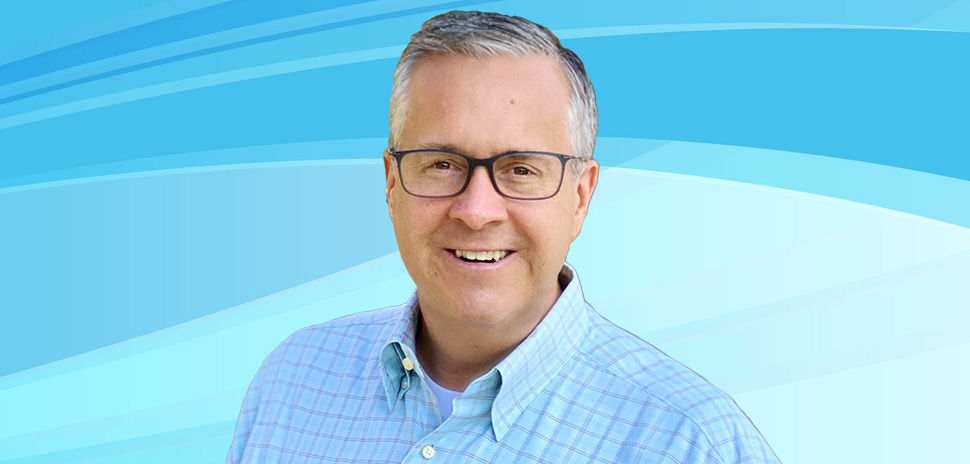It’s well-known that healthcare entities are deemed an essential business during the global COVID-19 pandemic. When the outbreak first hit, many facilities were unprepared and had to quickly implement new methods to keep both staff and patients safe. But many experts fear that another less visible crisis is looming—one that revolves around the state of our mental health.
The coronavirus is harming the mental health of around half of Americans, according to a poll published by the Kaiser Family Foundation. The Washington Post states that this shows the pandemic “has escalated into a nationwide psychological trauma,” with many unsure of where to go from here. History shows that this can lead to a rise in depression, PTSD, anxiety, suicide, and substance abuse across the country.
For those already recovering or struggling with drug and alcohol addiction, the pandemic—and the isolation, inability to congregate, financial loss, and anxiety it brings—can lead to substance abuse as a coping mechanism. Stress and monotony can come with not having outings like worship, weddings, graduations, festivals, or sporting events to look forward to.
“Substance use disorders are very serious and people seeking help are having a hard time finding it during this pandemic. Due to social distancing, many support groups and community services have been put on hold. This is increasing substance use and relapse rates,” Dr. Madeline Andrews, medical director at Enterhealth, told Dallas Innovates. “Detoxing from opioids is quite uncomfortable and detoxing from alcohol and some medications can even be dangerous if not medically supervised. Often people just can’t do it alone.”
That’s why Enterhealth recognizes its substance abuse treatment is an essential business. People with addiction issues cannot wait for treatment during this time. And as Dr. Andrews explains, unfortunately healthcare providers have to play the long game. The crisis isn’t going away anytime soon.
“We’re an essential service, so we’ve remained open throughout the entire crisis. Addiction doesn’t stop for anything. And it operates in any kind of market and throughout all socioeconomic areas,” she says.
How Enterhealth has adapted during the pandemic
Throughout what Andrews calls this “extremely stressful period,” Enterhealth hasn’t stopped providing services from its Ranch in Van Alstyne, Texas, and its Outpatient Center of Excellence in Dallas. It’s continued offering comprehensive intensive residential and outpatient services to help people achieve and maintain sobriety.
The Dallas-headquartered drug and alcohol treatment provider is leveraging technology and social distancing to ensure staff and patients are safe, in addition to implementing safety measures recommended by federal healthcare agencies.
“We formed an infectious control committee and met almost daily, and on Sundays many times, to try to navigate through this,” Dr. Andrews says. “There’s no playbook. We’re just doing the best we can to try to make sure that staff and patients feel safe.”
Before admission, everyone is tested and screened for COVID-19. And, interested parties can take a virtual tour of the Ranch and residential facility before even considering admission. Dr. Andrews says around 80 percent of patients come from the Dallas-Fort Worth area.
Visitation isn’t allowed, so staff uses virtual meetings to engage with families and virtual office visits for out-patients.
“We’ve really taken advantage of technology, particularly to engage with patients’ families,” Dr. Andrews says. “That’s a big stress on the families and the patients. We’ve increased our Zoom meetings to make sure that families maintain their connections.”
But, face-to-face visits are still considered a necessity—especially for those at high-risk or who prefer it.
Masks are provided upon entrance (there are limited entrances being used at this time), and workflows are being streamlined. Dr. Andrews says all staff has to get their temperature taken each morning before starting work, and certain procedures are even requiring them to wear PPE.
“Stop, Drop and Clean” occurs several times throughout the day: Staff and patients alike are required to stop what they’re doing and clean all surfaces nearby. In-person appointments are given six feet apart, and telehealth sessions are being given for consultations and therapy sessions, particularly for those in recovery.
“We’ve been social distancing, but it has definitely been a challenge, both for the staff and the patients. We deal with very sensitive issues. It’s really not natural, but we have been enforcing it,” she says. “Our executive director even organized a mini-retreat for the staff to offer support to one another. So we are making sure our staff are safe and supported so they are able to better able to support our patients.”
How to support each other during this time
Dr. Andrews, who’s also a psychiatrist, says it’s important to be mindful of these issues right now.
“We really want to remove the stigma of seeking help for addictions. We have a medical model where we view substance use disorders as a medical illness and that results in an injury to the brain,” she says. “So we use a medical approach and offer a highly personalized experience for those seeking help. It’s important to treat these patients with dignity and respect.
She hopes people will be inspired to increase awareness and outreach efforts for those in need of support—otherwise, she says, “we will start to see the disintegration of relationships, families, and the very fabric of our communities. Our goal is to remove the stigma of seeking help for addictions. And our hope is that more people in our community will get back on the road to recovery.”
She suggests engaging in health outlets that double as stress relievers: exercising, listening to music, arts and crafts, prayer and meditation, and simply enjoying the great outdoors. Since humans are naturally social animals that need support, Dr. Andrews recommends staying connected with loved ones as much as possible, even if it’s virtual.
And if you find yourself struggling with addiction in the Dallas-Fort Worth area, Enterhealth is readily available to help.
“We’ve seen about a 10 percent increase in the number of calls and people requesting assistance from our normal baseline. There’s the stress of monotony, the uncertainty, and the inability for people to congregate and do the things that they look forward to. We’re not going to be able to do that for quite some time, and that’s really wearing on people,” she says. “We anticipate that we will have an increase in people needing assistance for quite some time.”
About Enterhealth
Enterhealth says it steps outside the one-size-fits-all 12-step model to embrace the latest in National Institutes of Health research.
“The model here at the Ranch is a multidisciplinary team. Most everyone who works here has been touched by addiction in some way,” Dr. Andrews says. “So they really want to be a part of treatment and helping people on the road to recovery. It’s a wonderful place to work. People are really invested in their jobs.”
Enterhealth Ranch takes a medical approach to drug and alcohol addiction, examining it like a brain disease. The 38-bed inpatient rehab takes direction from Enterhealth’s own Brain Healing Institute to provide highly personalized treatment in a peaceful, private ranch setting. Services include supervised drug and alcohol detox, medical and psychological assessments, pharmacy, physical and occupational therapy, life skills coaching, therapy, and more.
The Enterhealth Outpatient Center of Excellence, located near Park Cities, is for ongoing recovery support. Patients who have completed residential treatment at Enterhealth Ranch or elsewhere can use the outpatient rehab services that Dr. Andrews calls “a continuum of care.” The upscale therapy and treatment rooms are primarily used to help people stay on track. Services include behavioral therapy, wellness, and stress-management programs, and FDA-approved anti-addiction medicines.
![]()
Get on the list.
Dallas Innovates, every day.
Sign up to keep your eye on what’s new and next in Dallas-Fort Worth, every day.










